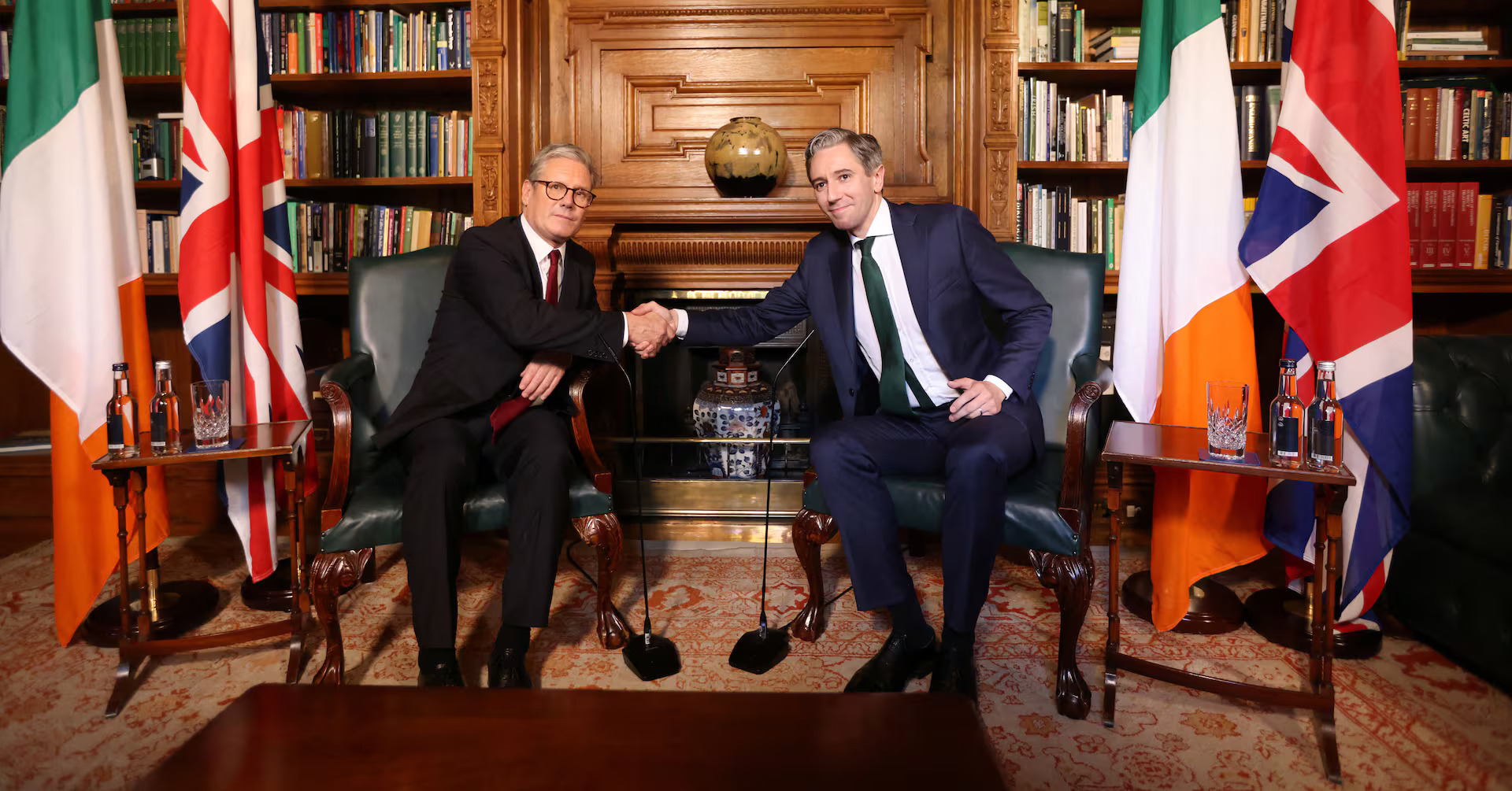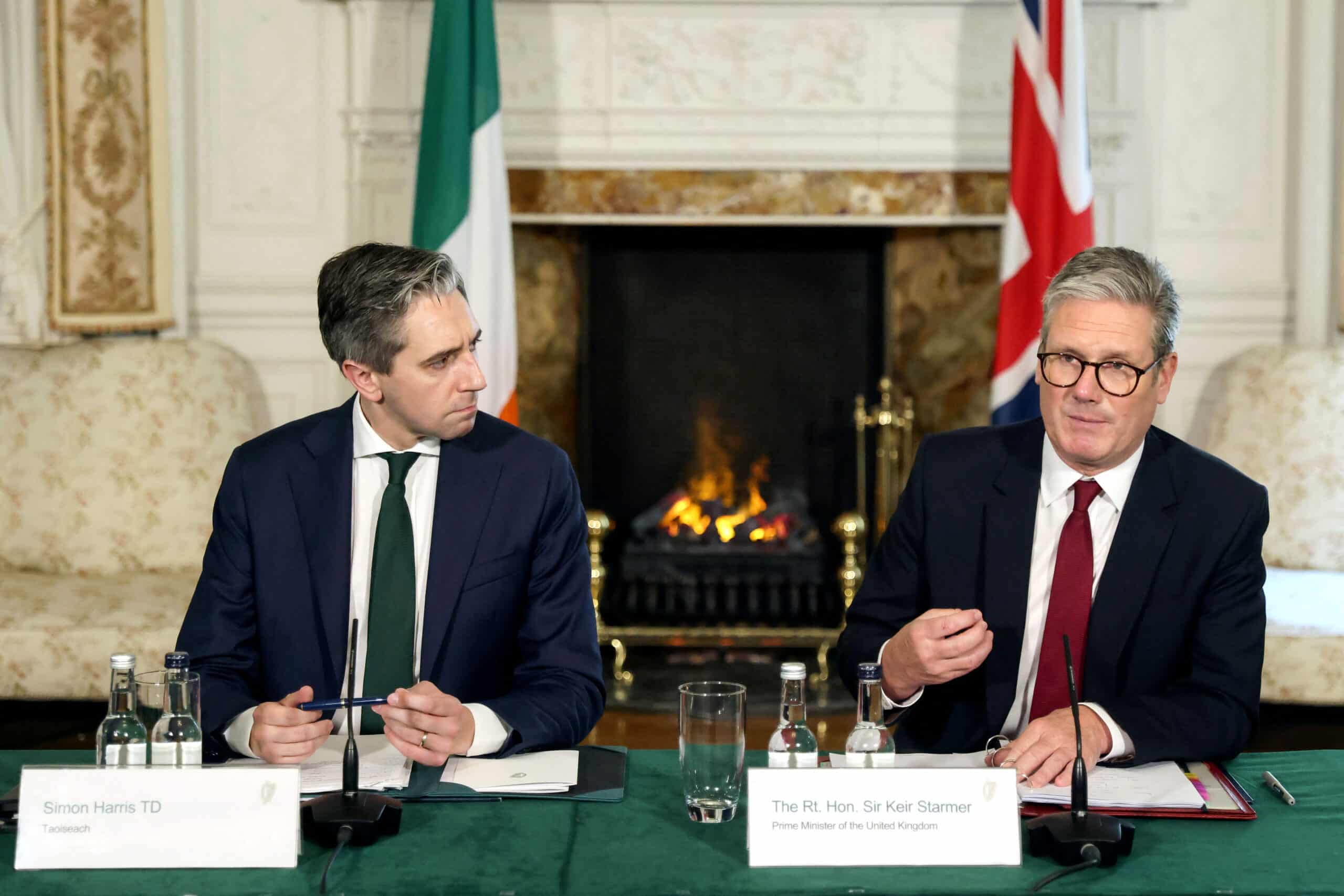Ireland’s deputy prime minister, Micheál Martin, has emphasized that the UK cannot renegotiate the Brexit agreement on a selective basis, just hours before UK Labour leader Keir Starmer’s official visit to Dublin. Martin made it clear that while the European Union (EU) is open to improving its relationship with the UK, any changes to the Brexit deal must be mutually beneficial.
He warned against a “cherrypicking” approach, underscoring how political decisions like Brexit have damaged Anglo-Irish relations, which many Irish leaders consider to be the worst in over 50 years.
During Starmer’s visit to Dublin, he is set to meet the Irish prime minister (taoiseach) Simon Harris, along with business leaders from major companies like Primark and Ornua. This visit is part of a broader effort by Starmer to reset UK-Ireland relations, especially concerning trade.
Micheál Martin also expressed Ireland’s support for a veterinary deal to ease the regulatory burden on agricultural exports to Britain but reiterated that any such agreement would need to be negotiated and not simply dictated by the UK.

Ireland’s Deputy PM Warns UK Against Selective Brexit Renegotiation Ahead of Keir Starmer’s Dublin Visit
At a conference in Oxford, Hilary Benn, the Northern Ireland secretary, reaffirmed the Labour Party’s commitment to the Good Friday Agreement and to fully implementing the Brexit deal in Northern Ireland.
This includes implementing the Windsor framework, which governs Northern Ireland’s trading arrangements post-Brexit. Benn highlighted that achieving a veterinary agreement with the EU is vital for reducing trade barriers and ensuring smooth cross-border trade on the island of Ireland.
Starmer’s visit also reflects his broader ambition to improve UK-Irish relations, which are crucial given the countries’ trade relationship valued at more than £85bn annually. He expressed a desire to strengthen these ties further and unlock the full potential of the partnership, aiming for growth and prosperity on both sides.
Starmer emphasized the strong connection between the UK and Ireland but acknowledged there is room for improvement in their post-Brexit collaboration.
Lastly, Martin highlighted the importance of reducing bureaucratic red tape in UK-EU trade relations, particularly in the sanitary and phytosanitary (SPS) checks that affect exports and imports of agricultural goods.
He sees potential for streamlined agreements that would benefit both British and Irish businesses, though he cautioned that it is up to the UK to decide how to navigate these changes within its political constraints. Martin believes that easing these trade barriers is a logical step, though it requires careful negotiation and realistic expectations from both sides.











































